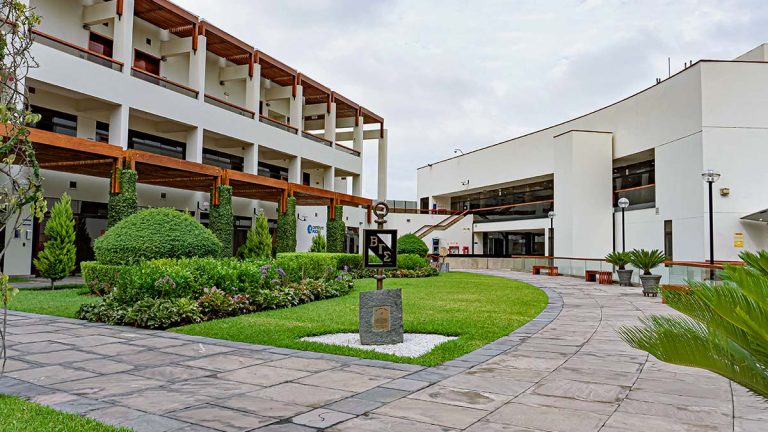Abstract
Peasant agri-food systems in Latin America face structural challenges including market exclusion, ecological degradation, and institutional fragmentation. This article examines how smallholders engaged in Peru’s Agroferias Campesinas mobilize sustainable circular strategies through locally governed short supply chains. Based on qualitative fieldwork, the study analyzes practices of ecological regeneration, waste valorization, value addition, and direct marketing embedded in territorial cooperation. Findings show that sustainability in these systems is not a fixed technical condition, but an emergent socio-territorial property shaped by ancestral knowledge, intergenerational ties, and adaptive innovation. Producers implement strategies such as artisanal processing, brand development, strategic storage, and localized market access to improve income stability and reduce vulnerability. Agroferias function as multifunctional platforms—economic, ecological, and pedagogical—enabling price autonomy, consumer education, and inclusive governance. This case contributes to the field of agricultural and food economics by showing how territorially embedded short supply chains can operate as grassroots governance mechanisms that enhance coordination, resilience, and equitable value distribution. The results highlight the importance of differentiated rural development policies that expand access to tailored financing, reduce formalization barriers, and invest in appropriate technologies for smallholder contexts. This research underscores the need to recognize and strengthen community-based food infrastructures. It offers relevant insights for scholars and policymakers seeking to understand how circular strategies and market governance intersect in the pursuit of resilient, community-led agri-food systems.



